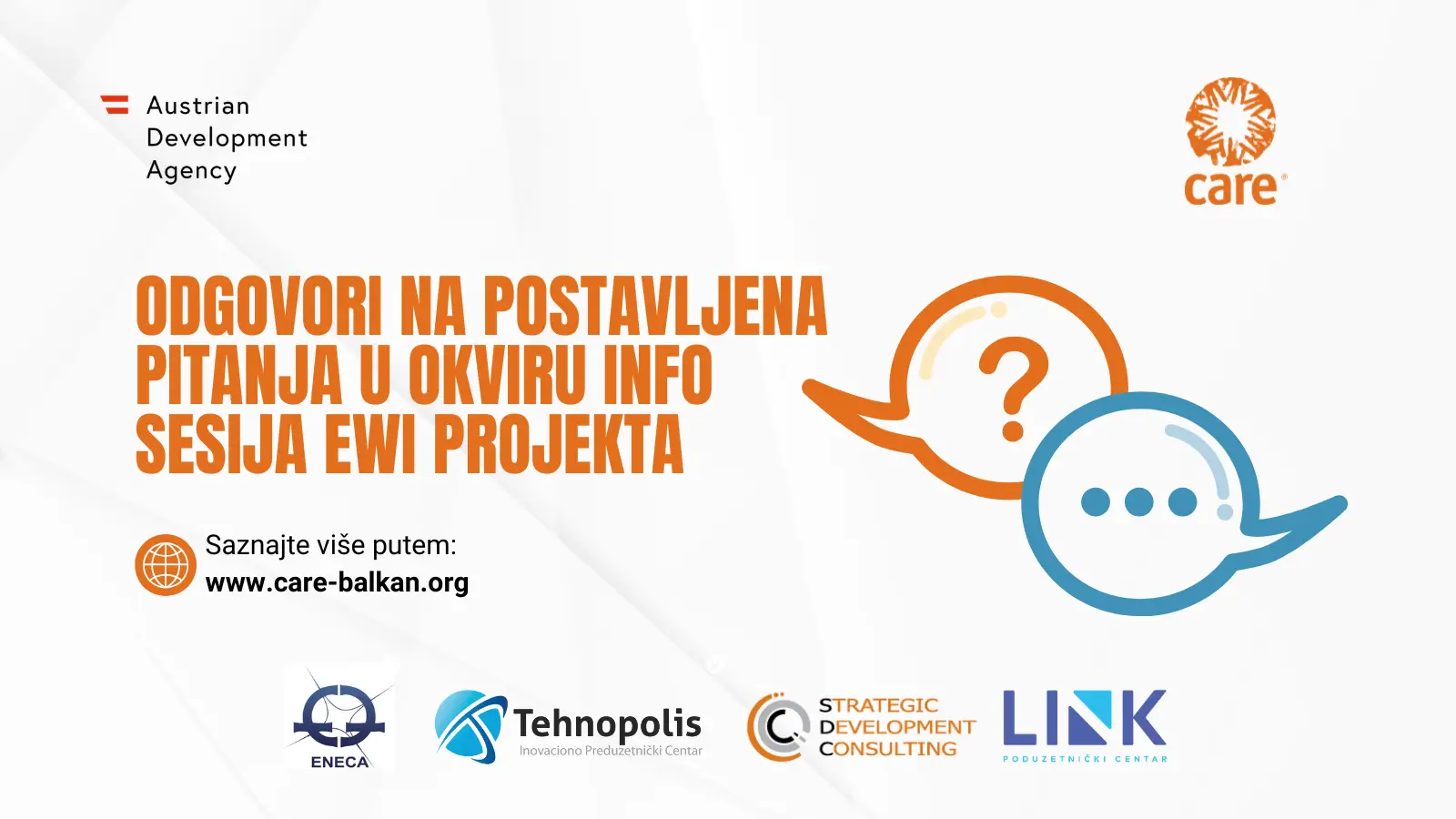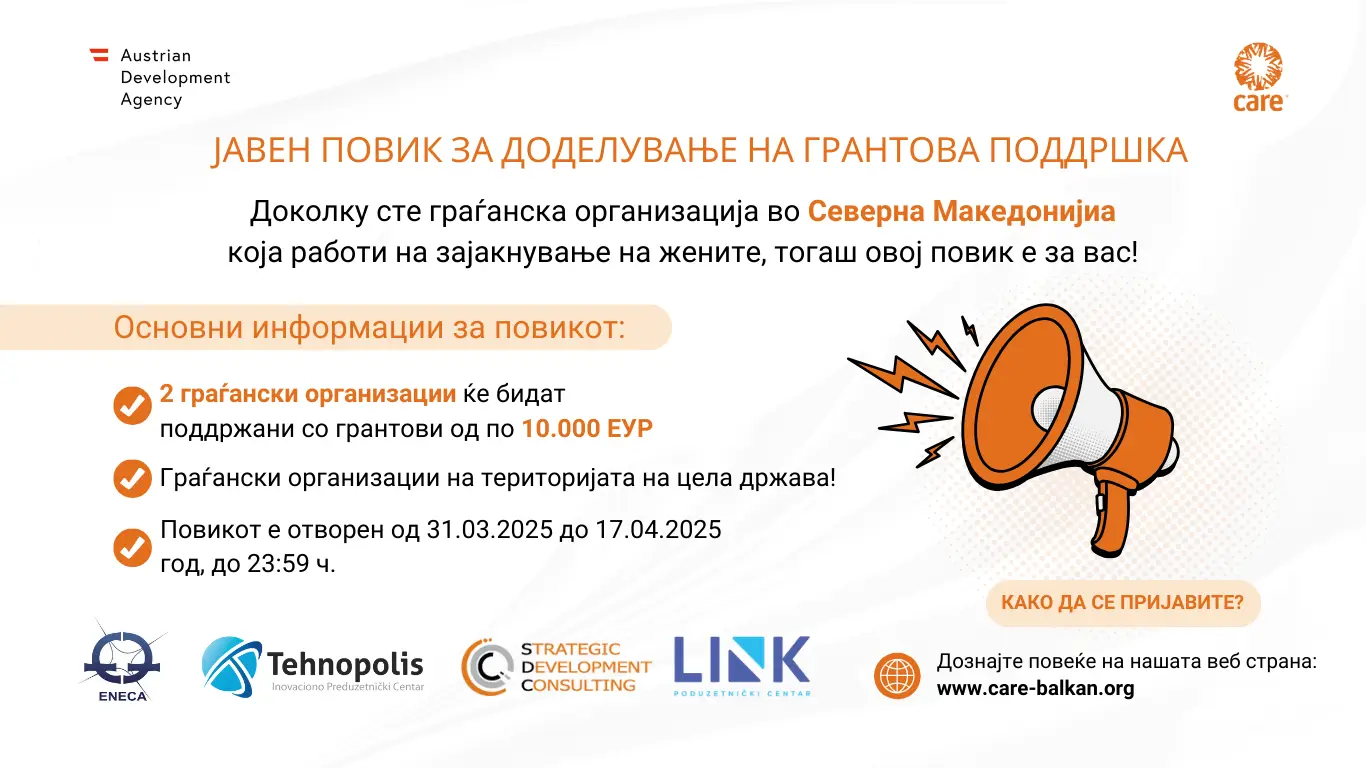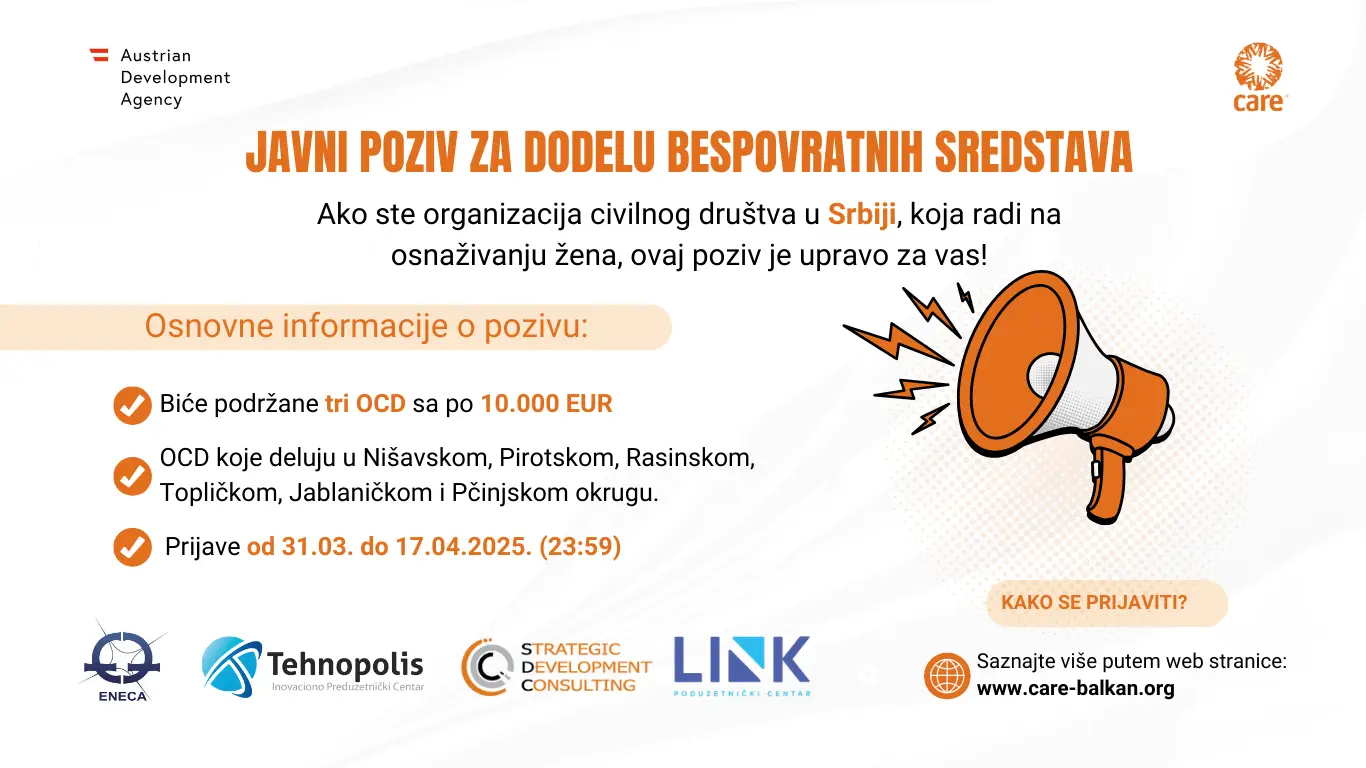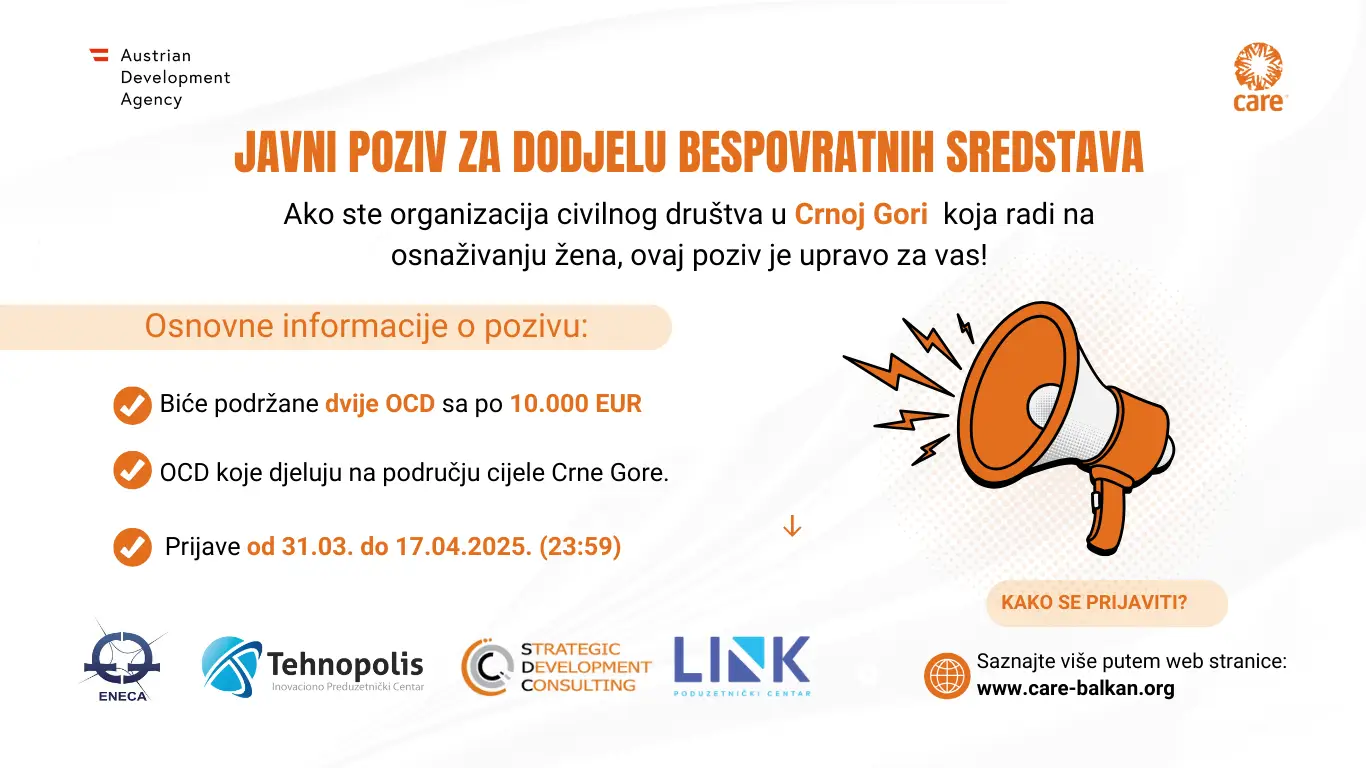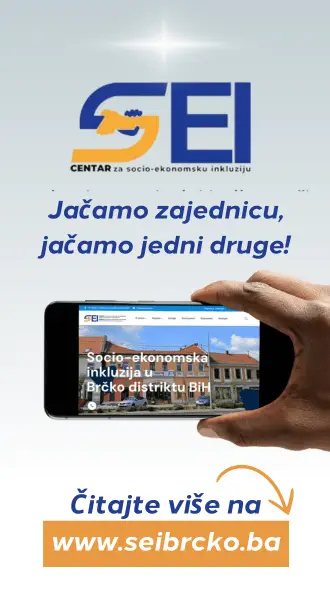The COVID 19 crisis has disproportionately affected those groups that were already facing social and economic exclusion and vulnerability. Even before the crisis, namely the elderly, unemployed women, and people with disabilities. The project CONEX Balkans aims to contribute to the improvement not only of their immediate socio-economic situation but also their resilience and resistance to current and future crises.
The consortium operates in six Western Balkan countries under the leadership of Caritas Austria: Caritas in Albania and Kosovo, the Mother Teresa Society in Kosovo (KHSC), the Red Cross in Montenegro and North Macedonia, CARE and three local partners in southern Serbia and BiH, and Diakonie with a local partner Philanthropy in Central and Western Serbia.
Financial support
The project provides financial support, goods, and community assistance to marginalized people. Also, it improves access to health, psychosocial and social services, as well as offers training and employment opportunities.
Morover, it raises the awareness of relevant actors about issues of discrimination and the impact of the crisis on marginalized groups as well as advocates for measures to reduce them.
As a result, the target groups will improve their psychosocial well-being, be better equipped to cope with their economic situation And know where to look for social support both in their neighborhood and in public services. The project is being implemented from May 2021 to April 2023.
Within the CONEX project in BiH, two social enterprises, “Agro-Plan“ from Bijeljina and “Eko-Budućnost“ (“Eco-Future“) from Modriča, receive business advisory services and financial support in the form of a “social loan”.
In exchange for the received social loans, these companies will “repay” the communities by donating their products to 600 people in Bi- jeljina and 400 people in Modriča. Up to 16 new jobs will be created for marginalized individuals in their respective communities hrough this support,.
DOWNLOAD PDF







